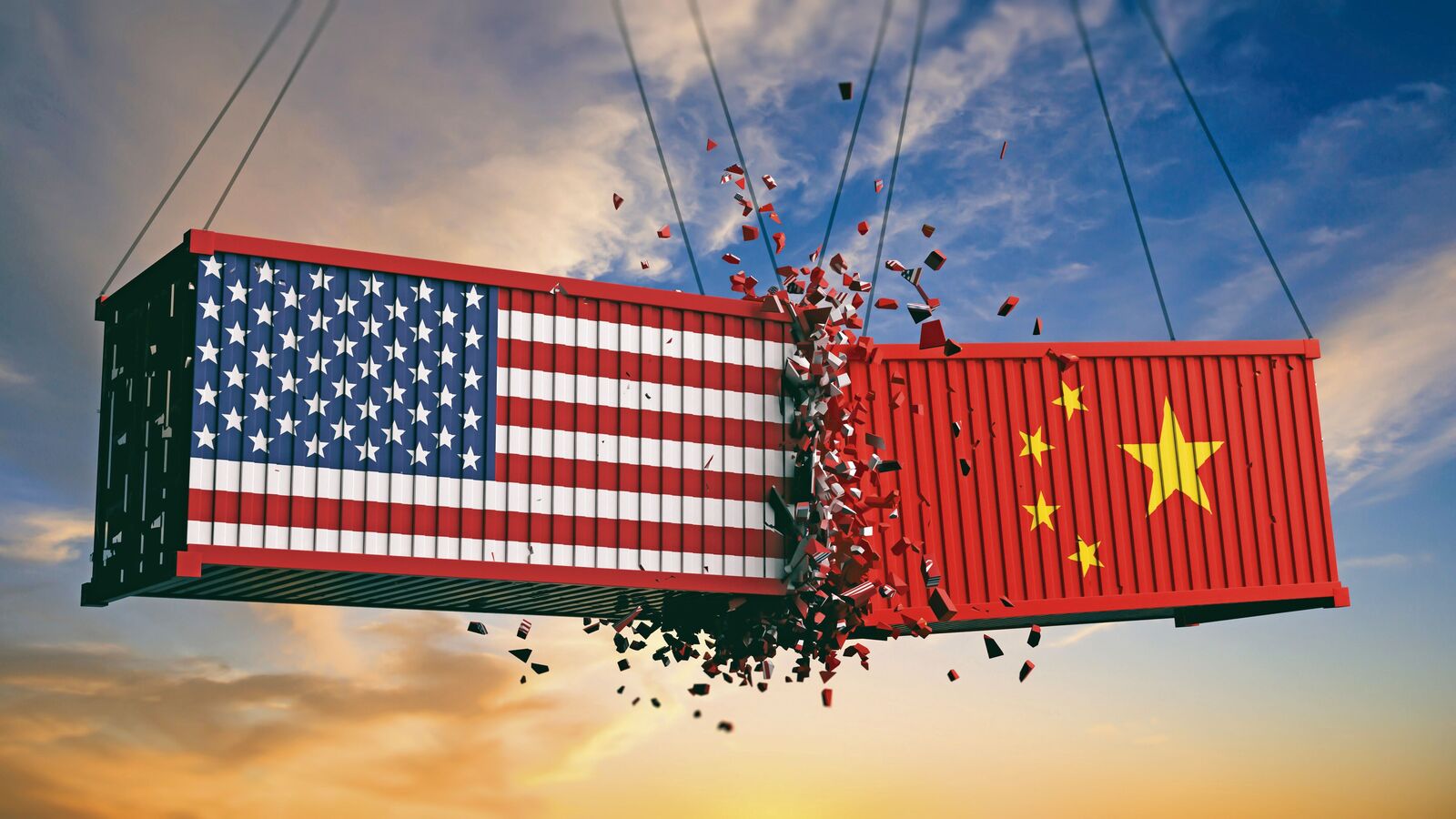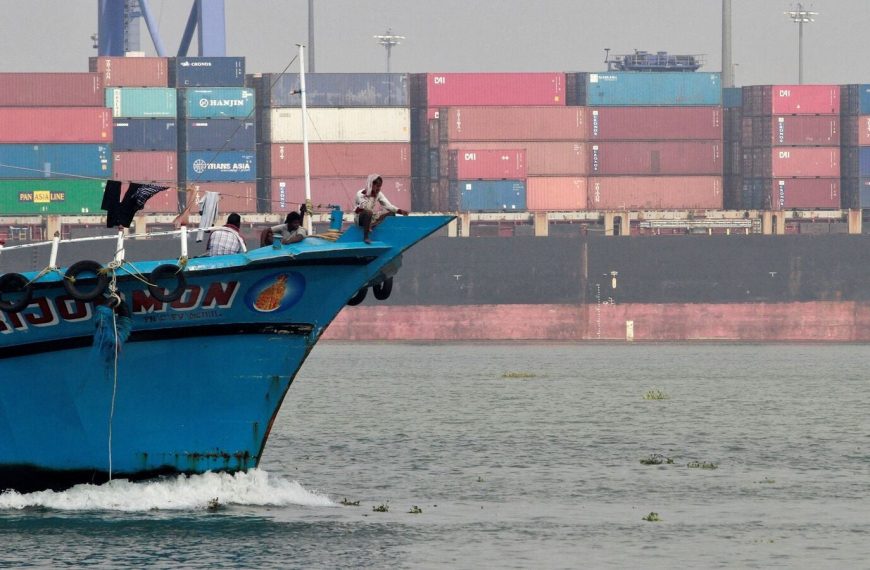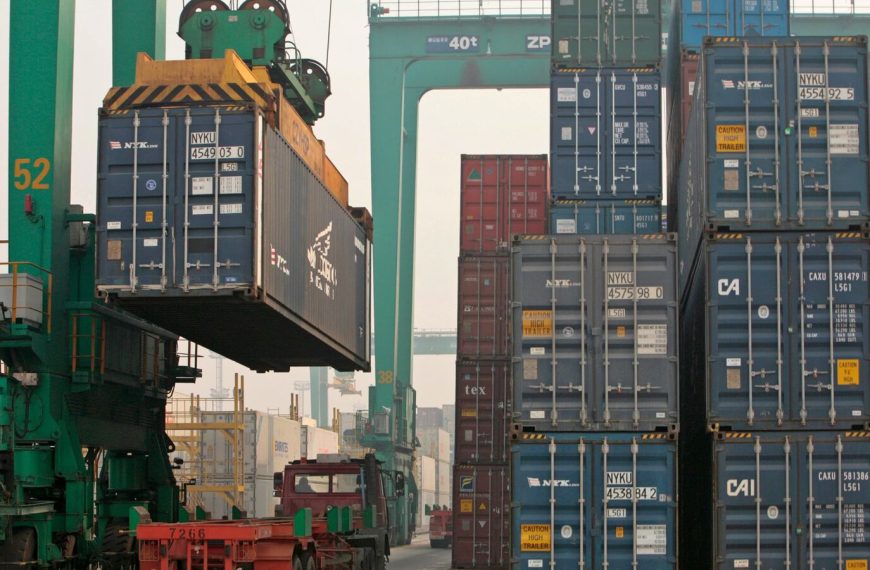In a notable intensification of the trade conflict between China and the United States, Beijing has instructed its airlines to halt deliveries of Boeing planes. This move comes as a direct response to the U.S. imposing hefty tariffs of up to 145% on Chinese imports. As a result, Boeing’s stock price dipped by 3% in pre-market trading, highlighting the company’s vulnerability in one of its most promising markets.
Impact on Airlines and Deliveries
Juneyao Airlines, a Shanghai-based carrier, was poised to receive a Boeing 787-9 Dreamliner worth around $120 million in just three weeks. However, due to the ongoing tariff dispute, the airline has postponed this delivery. This aircraft was intended to enhance its long-haul routes to popular European cities like Brussels and Athens this summer, but the delay now casts doubt on these expansion plans.
Rising Costs for Maintenance
China’s decision to suspend purchases of aircraft-related components is also expected to drive up maintenance costs for planes already in service within the country. This could pose significant challenges for airlines operating in the region, forcing them to reconsider their fleet strategies.
The Broader Trade War Context
The tariff war, ignited by former President Donald Trump’s trade policies, has escalated recently. Last week, China retaliated by increasing tariffs on American imports to 125%, creating a substantial financial burden for U.S. aircraft manufacturers. Such a hefty duty could drive Chinese airlines to explore alternatives like Airbus or local competitor COMAC.
Future Deliveries at Risk
China’s leading airlines—Air China, China Eastern Airlines, and China Southern Airlines—have plans to acquire 45, 53, and 81 Boeing aircraft, respectively, between 2025 and 2027. However, the ongoing escalation in tariffs raises concerns about these future deliveries, potentially jeopardizing the entire aviation supply chain.
Analysts Weigh In
Experts warn that the escalating tariffs between the two largest economies in the world could jeopardize trade, which was valued at over $650 billion in 2024. The risk of a standstill in goods trade looms large as both nations continue to engage in this economic tug-of-war.
While Trump has expressed comfort with the current tariff situation, he hinted at the possibility of a future deal with Beijing. However, as of now, no concrete agreement has surfaced. The unfolding events underscore the fragile state of international trade and the intricate dynamics between two economic giants.
For more insights on global trade dynamics, check out our detailed analysis on the impact of tariffs on international markets.











